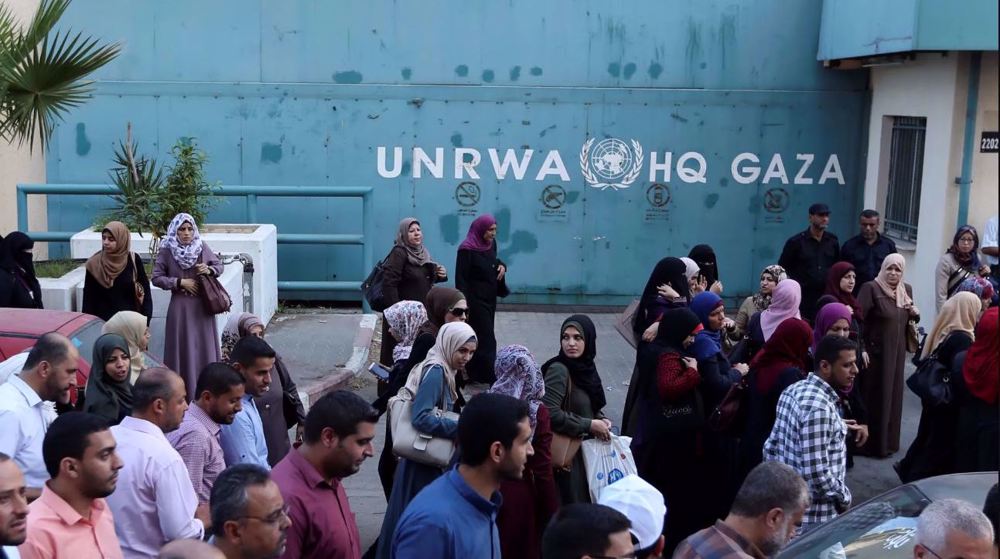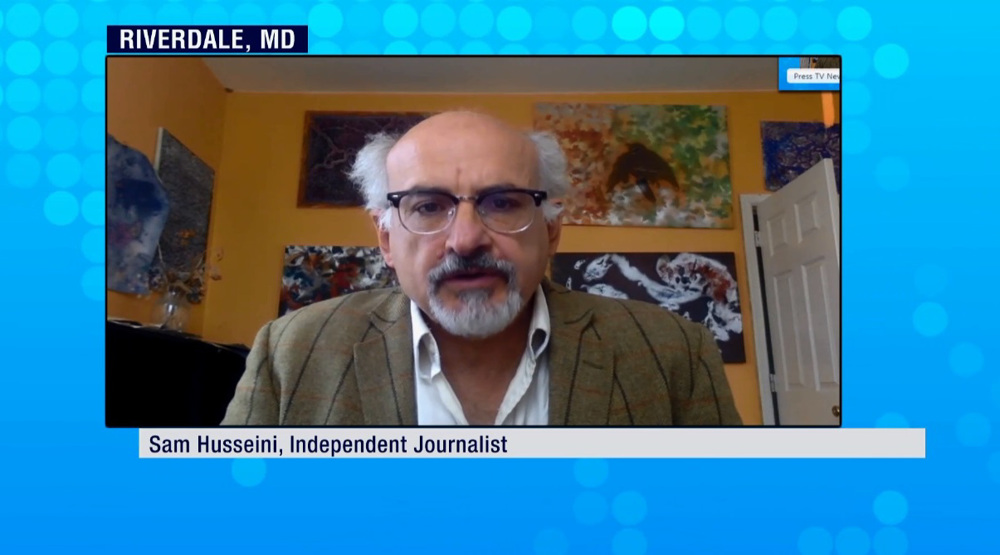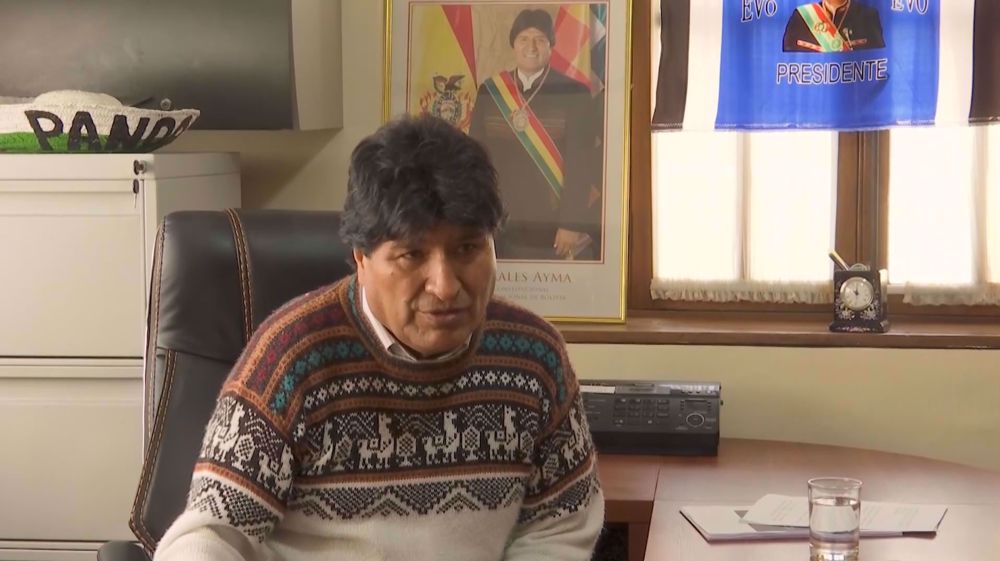Afghanistan terrorist warfare result of US-led terror operations: Analyst
Press TV has conducted an interview with Manuel Ochsenreiter, the editor-in-chief of Zuerst magazine from Berlin, to discuss a warning by the UN about the spike in child casualties in urban warfare as the Taliban militants and the Daesh terrorists step up their violence in Afghanistan.
The following is a rough transcription of the interview.
Press TV: How alarming are these numbers released by the United Nations?
Ochsenreiter: Well, these numbers sound very alarming but it does not mean that a lot of things changed on the Afghan battleground because what we see is typical terrorist warfare. Terrorist warfare aims civilians and not necessarily armies. As well we have to take into account that there is no Afghan state existing; it is a failed state. It is an empty entity governed by warlords of different heritage we have from the other side; we have the so-called Islamic State (Daesh), the Taliban and this is the nature of terrorist warfare. The nature is to aim civilians and to terrorize civilians, to take power via terrorism. So we have to worry that this development will go on without any change, if there will be not established any real statehood in this country.
Press TV: Let’s not US drone strikes that even going on for in what many are seeing as a clear violation of Afghan sovereignty. Civilians have been killed as a result of these drone strikes by the United States and among those civilians definitely were a number of children as well.
Ochsenreiter: Yes, the civilians are always the losers of all this warfare and you are absolutely right to mention the US American drone strikes. But we have to mention in this context the whole so-called US-led terror operation in Afghanistan which turned out to support terrorism and as I think not by accident or by coincidence, but it was taken to account and maybe even planned [that] we see on the other side that we are today more far away that we were ever before that we could describe Afghanistan as a state. It is destabilized, dangerous; it is a hotspot for international terrorism and we can compare it with Syria and Afghanistan places a certain function in the western geopolitical warfare. It placed the function of being a troubled hotspot not just for the neighboring countries as Iran but also for example for the Russian Federation, [and] for China.
So the situation in Afghanistan today is playing a certain geopolitical role in the eyes of Washington and in the eyes of …NATO, Brussels at the European Union, but the price for the geopolitical game are paying the civilians especially what makes it more tragically the children.
Press TV: Where do you think Kabul should start and at least attempt to implement the stability in Afghanistan?
Ochsenreiter: If it would be so easy to explain this in one or two sentences, I think the Kabul establishment would have done it. But the problem is right now that in Kabul itself are people in power who were put in by western nations, who were put in by lobby groups from foreign countries. And this is always a very, very bad element when it comes to statehood. So the governors in this country should be completely supported and elected of course by the people. People should get into power not because they are lobbied and promoted by foreign powers but because they have the support of their certain ethnicity or certain people.
So it would mean for Afghanistan itself [that] it would need a complete relaunch of statehood. I do not think that it is too easy to do it with two, three, four little reforms; it would need a complete fully renewal of the statehood. The state needs a certain philosophy for existence. It would have to define itself as a state. I think we are today so far away from that situation as we never were. Before I think Afghanistan was especially in the 1960s and 1970s much closer to half a thing like let us call it national identity as an Afghan state. I think we are today very, very far away from this so-called national identity.
VIDEO | Press TV's news headlines
VIDEO | US sanctions on Syria impede country's recovery, increase Syrians' suffering
VIDEO | People of Pakistan lay foundation of al-Aqsa Museum in solidarity with Palestinians
VIDEO | The Shankill Butchers
VIDEO | Africa’s stolen heritage
VIDEO | An insider’s view of the country: Birjand, the city of science and glass art
‘Violent suppression of anti-Zionist student protests shows West’s true colors’
VIDEO | Displaced Gazans thank US students for their support












 This makes it easy to access the Press TV website
This makes it easy to access the Press TV website